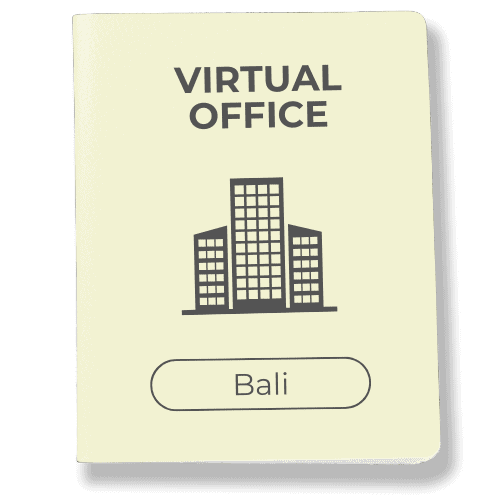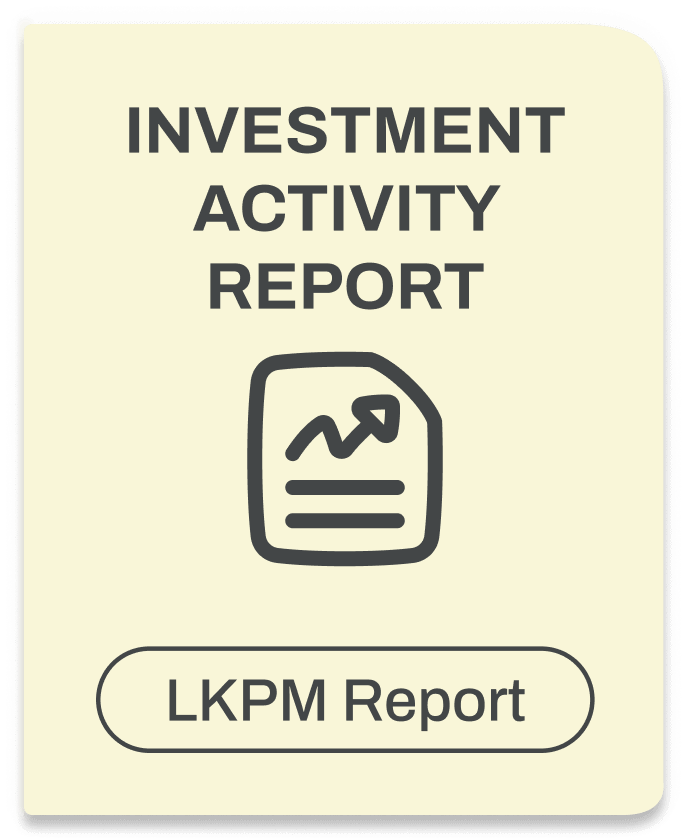Overview of the Average Balinese Wage

If you’re thinking about hiring in Bali or are just curious about how wages work there, you’ve come to the right place. Understanding pay in Bali isn’t just about the number on a paycheck. It’s about knowing the total compensation, things like benefits, minimum wage, and even the cost of living. And in places with higher living costs, like parts of Bali, those extras matter even more. This guide breaks down the average salary, minimum wage, and all the details you need for complete compensation information. Let’s dive in and look at what employers should know in 2025.
Median Salary in Bali
According to salaryexpert.com, the median salary or average salary in Bali is approximately Rp16,940,869 per month in 2025, equivalent to around USD 1,034. This figure provides a useful benchmark for employers considering hiring talent from Bali. However, it is important to distinguish between the average salary and the average wage. The average wage represents the base pay without additional benefits, while the average salary may include bonuses and other compensation. Understanding this difference is crucial for employers to navigate salary structures effectively.
Factors Influencing the Average Balinese Wage
Low wages in Bali result from the island’s affordable living costs, attracting workers but keeping salaries modest. Effective income tax rates also impact overall compensation and the cost of labor in Bali. High labor availability also contributes to lower wages. Education, experience, and job roles significantly influence salaries, with skilled professionals earning more. Skilled workers play a crucial role in influencing salary levels across various professions. Location matters too, with metropolitan areas generally offering higher wages than smaller islands. Read further sections for additional insights.
Cost of Living in Bali
Bali’s cost of living is approximately 7% higher than Indonesia’s national average, influenced by food prices, rental rates, gasoline prices, property taxes, and medical care. For instance, monthly rent for a modest one-bedroom apartment in Ubud can cost around Rp3,000,000 (approximately USD 185), and meals at local eateries range from Rp20,000 to Rp35,000 (USD 1.20–2.20).
Labor data from salary surveys help us understand the costs associated with living and working in Bali, including housing and consumable expenses.
When comparing medical care premium costs, Bali generally has lower prices than Jakarta or Surabaya. For example, a basic health insurance premium in Bali may start around Rp200,000 per month (USD 12), whereas in Jakarta, it can exceed Rp300,000 (USD 18) for similar coverage. However, this affordability also means that wages remain constrained across many sectors.
Actual housing sales data supports this trend as well, with properties in central Denpasar averaging Rp13 million per square meter, compared to Rp9 million in less developed regions like Singaraja. These cost differences influence how much employers are willing to pay, especially in service sectors like tourism and hospitality, where the labor pool is large and competition for jobs is high.
Education and Experience
Education and experience also play crucial roles in shaping earnings, especially in regions like Bali, where the labor market is highly segmented. Workers with only primary education often remain in low-income service jobs with limited growth opportunities. ERI’s compensation data supports the findings on salary differences based on education and experience.
According to Indonesia’s National Labor Force Survey (Sakernas), individuals with a University degree earn on average 1.8 to 2 times more than those with only primary school education. Similarly, the wage increase attributed to experience is substantial. Data from RemotePeople.com shows that employees with 5–10 years of experience can earn up to 36% more than entry-level workers. When assessing applicants with similar job titles, it is wise also to consider those who hold earning certificates, as these credentials can signal enhanced capabilities and readiness for roles with greater responsibility.
Position & Location
Job titles and roles also significantly affect pay. Skilled professionals such as IT specialists or financial analysts often earn salaries much higher than those in entry-level or non-specialized roles. An individual’s current job title is major in determining their market salary, as more specialized or technical roles are generally associated with higher compensation.
Location within Bali also makes a difference. In the Denpasar metropolitan area, for example, wages tend to be higher compared to smaller offshore islands, where job opportunities and economic activities are more limited. These factors combined create a diverse wage landscape across Bali. For deeper insights into how wages are determined across the island, continue reading the next sections.
Popular Job Titles and Salaries in Bali

These salary ranges are based on data from various sources, including salary surveys and job postings. It’s important to note that actual salaries can vary significantly depending on factors such as industry, experience, and location. Utilizing salary survey data and salary calculators can provide more precise compensation information tailored to specific job titles and regions within Bali.
Service Industries
Bali’s economy relies heavily on tourism, leading to numerous positions in this sector.
- Hotel Manager: Oversee hotel operations, ensure guest satisfaction, and manage staff. Salaries range from IDR 25,000,000 to IDR 50,000,000 per month (approximately USD 1,850 to USD 3,750).
- Villa Manager: Manage private villas, coordinate guest services, and supervise maintenance. Monthly earnings typically fall between IDR 20,000,000 and IDR 40,000,000 (around USD 1,500 to USD 3,000).
- Restaurant Manager: Handling daily restaurant operations, staff management, and customer service. Salaries average between IDR 20,000,000 and IDR 40,000,000 per month (about USD 1,500 to USD 3,000).
- Bartender: Bartenders in Bali are responsible for crafting beverages, maintaining bar inventory, and ensuring customer satisfaction. According to SalaryExpert, the average annual salary for a Bartender in Bali is approximately Rp. 97,104,715, with an hourly rate of around Rp. 46,685. Entry-level bartenders with 1-3 years of experience earn about Rp77,038,536 annually, while those with over 8 years of experience can earn up to Rp115,257,655 per year.
- Waiter/Waitress: Waitstaff play a crucial role in delivering exceptional dining experiences by taking orders, serving food and beverages, and attending to customer needs. As reported by SalaryExpert, the average annual salary for a Waiter/Waitress in Bali is approximately Rp97,836,572, equating to an hourly rate of about Rp47,037. Entry-level positions start at around Rp78,038,450 per year.
- Spa Therapists: Spa Therapists provide various wellness treatments, including massages and skincare therapies, contributing to Bali’s renowned spa industry. According to SalaryExpert, the average annual salary for a Massage Therapist in Bali is approximately Rp152,570,485, with an hourly rate of about Rp73,351. Entry-level therapists earn around Rp114,754,669 annually, while experienced professionals can earn up to Rp187,872,838 per year.
- Tour Guide: Tour Guides offer insightful information about Bali’s cultural and historical sites, enhancing visitors’ experiences. As per SalaryExpert, the average annual salary for a Tour Guide in Bali is approximately Rp103,301,287, with an hourly rate of around Rp49,664. Entry-level guides earn about Rp81,103,143 annually, while those with more experience can earn up to Rp125,600,000 per year
Education
The education sector in Bali offers opportunities, especially in international and language schools.
- English Teacher: English Teachers are sought after in Bali’s international schools and language centers. Depending on qualifications and experience, they can earn between Rp10,000,000 and Rp20,000,000 per month, equating to Rp120,000,000 to Rp240,000,000 annually.
Information Technology
As digital transformation continues globally, Bali’s IT sector is gradually expanding.
- Software Developer: Software Developers design and implement software solutions. In Bali, they earn an average annual salary of approximately Rp149,600,000.
- IT Support Officer: IT Support Officers ensure the smooth operation of computer systems and provide technical assistance. They can expect an average annual salary of around Rp125,800,000.
Creative Arts and Media
Bali’s rich cultural scene offers avenues for creative professionals.
- Photographer: Photographers capture images for various purposes, from tourism promotions to private events. The average annual salary for photographers in Bali is about Rp112,200,000.
- Graphic Designer: Graphic Designers create visual content for digital and print media. In Bali, they earn an average of Rp114,750,000 per year.
Salary Comparison Developed vs. Developing Countries
When comparing Bali’s average salary to that of those in developed countries, the difference is quite stark. According to the World Bank, the average annual salary in the United States is around $69,862, whereas in Bali, it is approximately IDR 99,976,554 (around $6,700 USD). This significant disparity is primarily due to the differences in cost of living, economic growth, and levels of industrialization between developed and developing nations.
In developed countries, the higher cost of living necessitates higher average salaries. Conversely, in developing countries like Indonesia, where Bali is located, the cost of living is considerably lower, which is reflected in the lower average salaries. For instance, the average annual salary in India is around $2,134, which is significantly lower than Bali’s average of $6,700 USD.
Despite the lower average salary, Bali remains an attractive destination for tourists and expatriates. The island’s rich culture, stunning landscapes, and vibrant lifestyle continue to draw people worldwide. Additionally, Bali’s low cost of living and skilled workforce make it an ideal outsourcing destination for businesses looking to optimize costs while maintaining quality.
Conclusion
Salaries in Bali can vary significantly based on factors such as experience, educational background, job location, and professional industry. Employers aiming to attract skilled employees must consider not only the salary range but also the median monthly income to remain competitive. Utilizing salary calculator tools and salary survey data, salary databases, certificates, and informed decisions ensures mutual benefits for employers and Balinese workers.
Ready to Apply or Extend Your Visa?
Let our visa specialists handle your application.



















